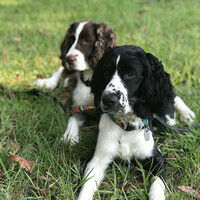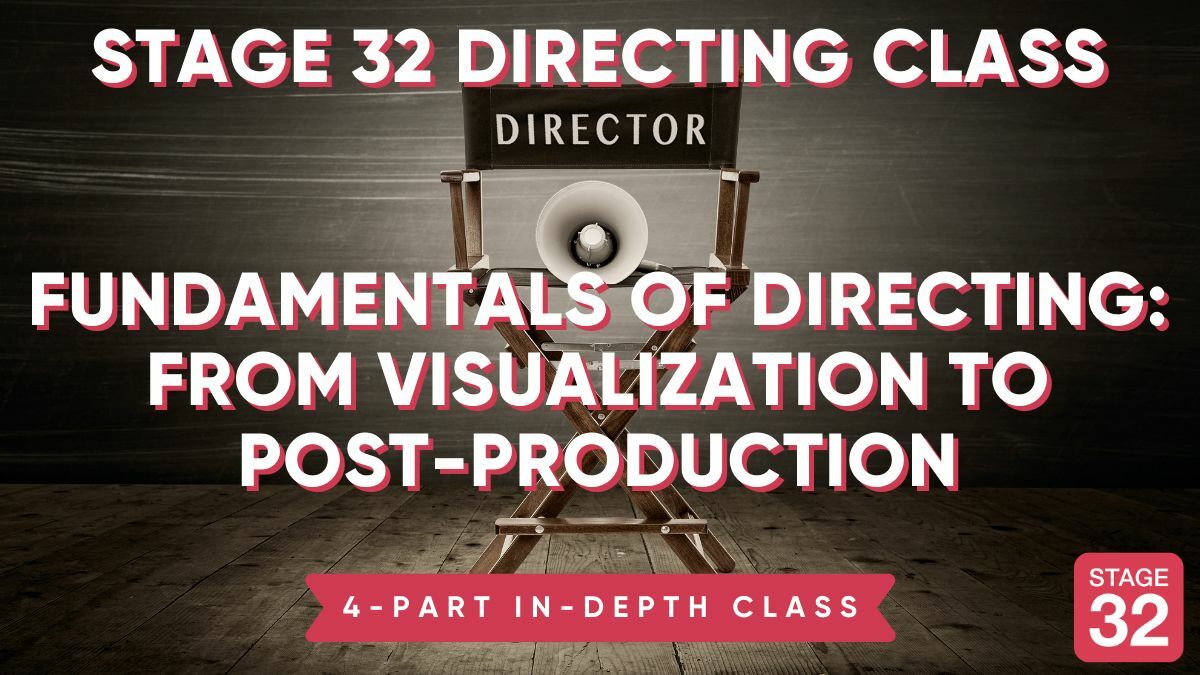If you have scored for both shorts and features, answer this:
Aside for the amount of music you have to score, is there a difference in your 'content'?
Let me separate out two things for the response:
1. The actual content - so for example for a chase scene or a fight scene - will you 'compose' the music (melody, tempo, etc.) the same way for both or will they 'sound' differently?
2. The 'arrangement' - films have different budgets so what you actually score for a film will depend on the budget - a very low budget, for example could be heavy on piano or synth. But aside from the instrumentation 'arrangement', does the music you score 'sound' the same even if for example, one is full orchestra and one is predominantly piano/synth.
And a final short versus feature scoring question:
Shorts are predominantly delivered electronically; features can be either electronic or live. Most composers score with DAW/Sequencers which is for electronic delivery. So do you pick your scoring tool based on whether the score is electronic or live? What if it is both? Do you find situations where you scored with a DAW and then need parts for live?



The main consideration, for me, between scoring a feature and a short is thematic content. In a feature, I can have many themes (or motives, or coloristic associations). In a short, there are only so many corners I can turn before I run out of space. I suppose there might be some shorts out there that require 10 different musical themes, but outside of pastiche comedy, I haven't seen or scored many. As far as composition and arrangement, I determine that based on the dramatic content, no matter if it's a short or a feature. For instance, the film CONTROL is a two- (or possibly one-) character sci-fi/horror short which takes place in one room. But that room is orbiting Jupiter, so the score reflects that with a large orchestral sound:
https://soundcloud.com/jonathanprice/sets/control
The feature GIRL MEETS BOY is a romantic comedy about two people double-booked in a rustic town. The score is smaller in scale:
https://soundcloud.com/jonathanprice/sets/girl-meets-boy-soundtrack
...even though it's a feature.
For me, budget isn't a consideration for the size/scope of the score - it's only a consideration for whether the music is live or in-the-box. I've scored both live and electronically for both shorts and features, depending on the budget of the film and the needs of the music. I score everything in Digital Performer in either case. For a score with live instruments, I'll transfer both the mockups and the electronic stems that will be mixed into the final score to a ProTools session and deliver that to the scoring mixer (unless I'm the scoring mixer and I'm recording at my home studio, in which case I keep it all in Digital Performer). For the parts, I'll export the MIDI from my DAW and open it in Finale, where I clean it up and either print it or send it to a copyist. That was basically my process (except I sent a hand-written score to the copyist) for the feature RUSTIN:
https://soundcloud.com/jonathanprice/sets/rustin-soundtrack
I usually orchestrate my own stuff, but if an orchestrator is involved, I'd obviously send the MIDI cleanup to them and they'd send the orchestrations to the copyist.
jonathan - great info. I want to follow up here on one thing that others, especially newbees might be interested in learning more about - what you call a 'theme'. For me a theme is an arranged melodic based piece/segment which is generally self-contained and could 'stand on its own' if used outside a film. I often create a theme for opening titles and end titles though my style uses multiple 'theme's at the end - for me often an "A B A" structure. Aside for those two (where sometime the 'theme' from the opening is used also at the end), for me a theme needs to be used multiple times (as long as it is 'recognizable' though could be arranged totally differently). Also within the body of the film, if I use it more than once it has to be associated with something - typically either a character or an action.
Tells us more about what you mean when you compose and then use a 'theme'.
Aye, that's why I included motive and coloristic association, parenthetically. Not all films need a full-blown musical theme. I'm referring to a recurring association between something musical and something dramatic, whether it's a character, a dramatic theme, a location, etc. There are only so many recurring associations you can fit into a short, in my experience. A feature has a little more elbow room for these.